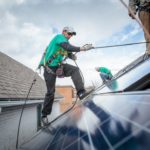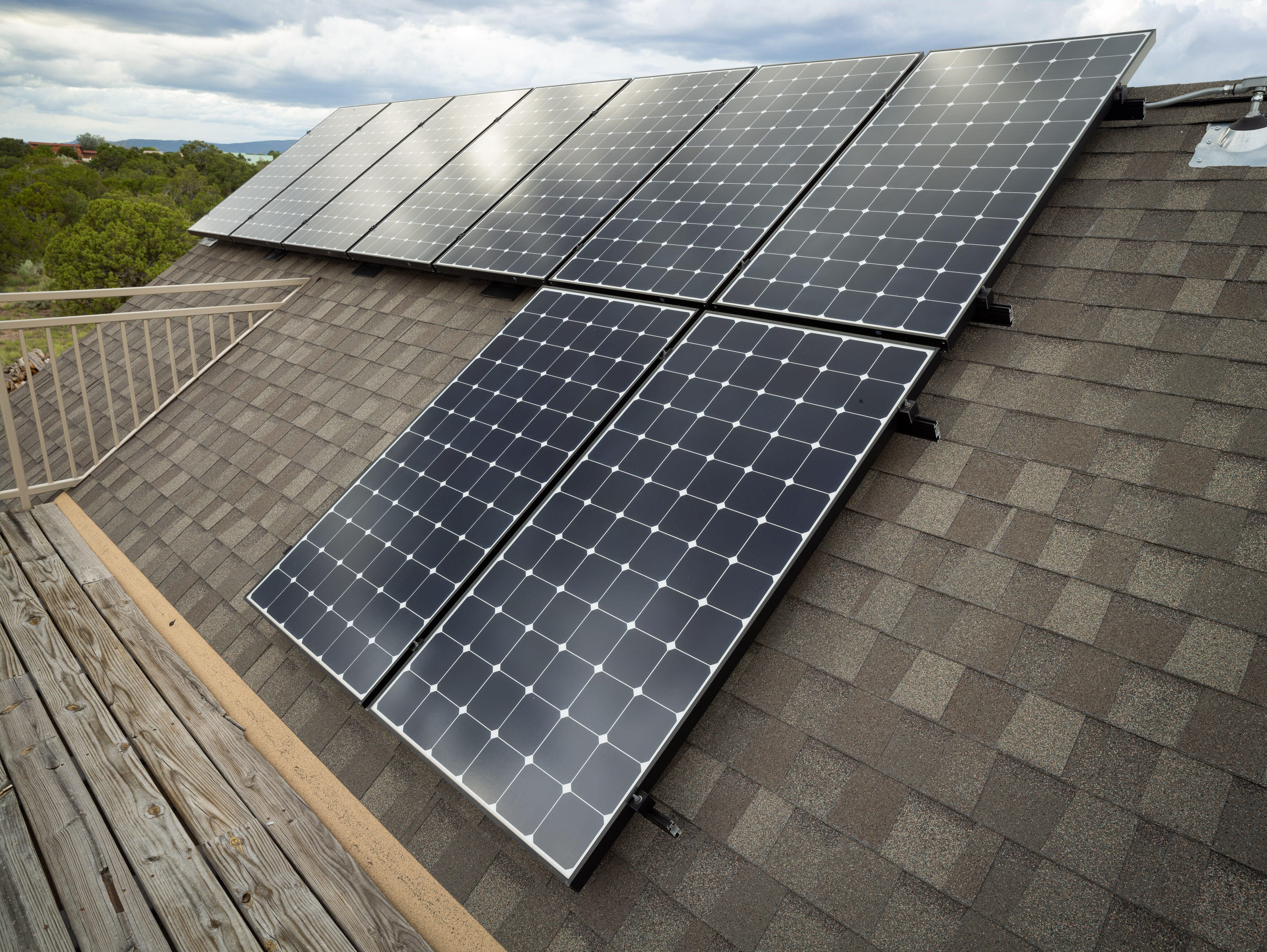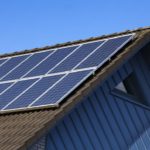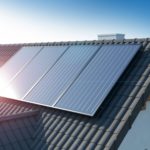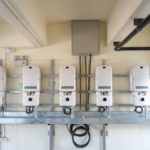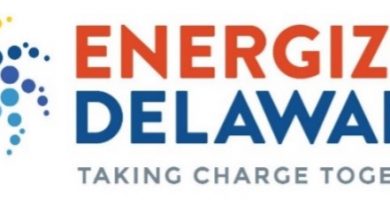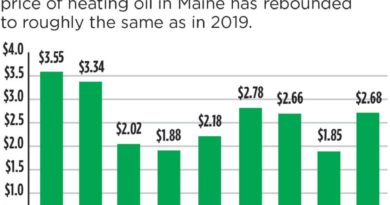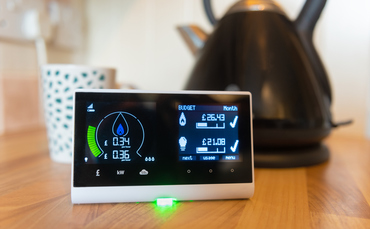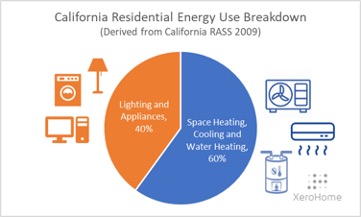Solar panels: How long will it take to start making money? – CNET
Energy Disrupter
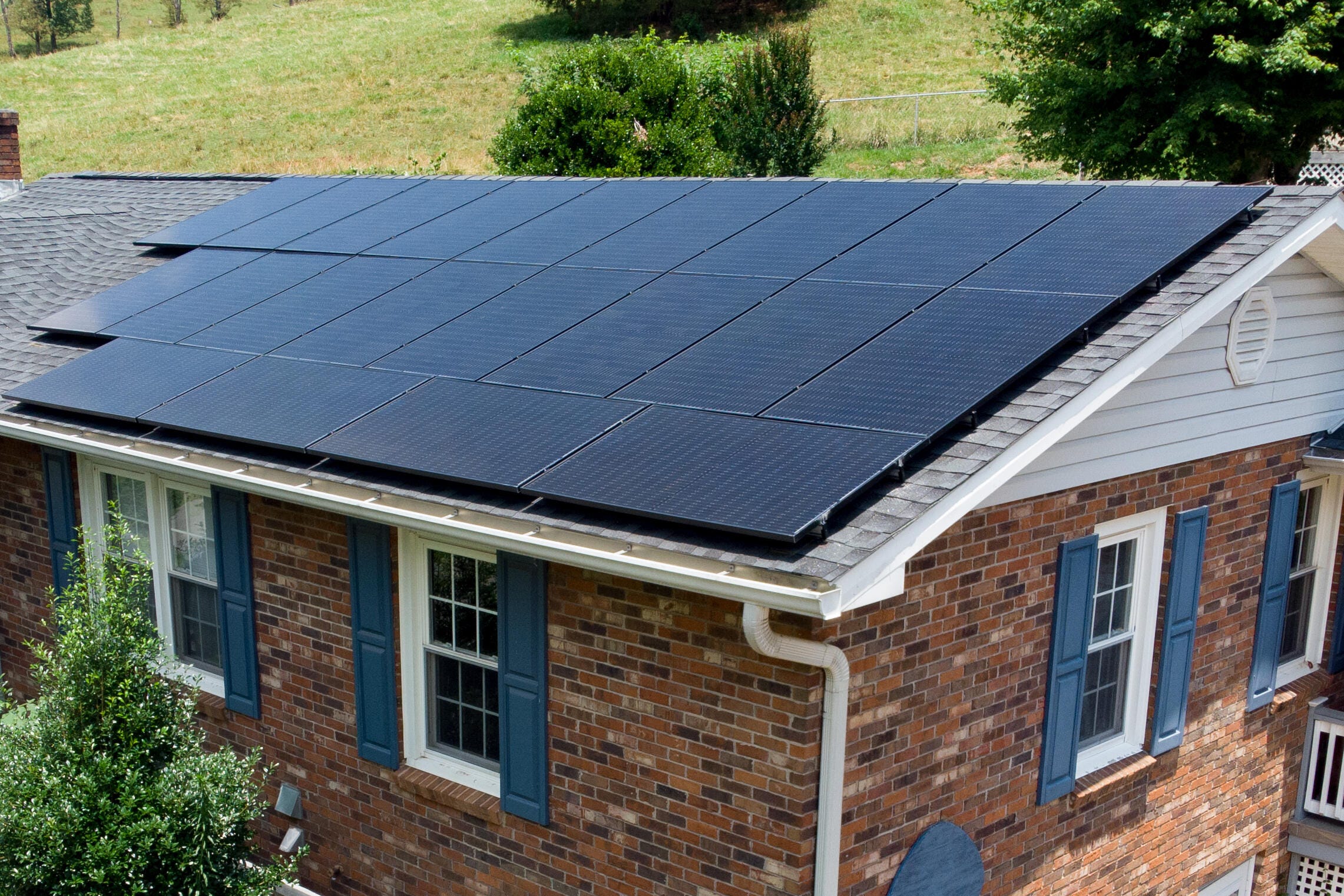
More people are investing in solar. Is it worth it for you?
Sarah Tew/CNETSolar panel installations are expected to increase by 30% in 2021, according to IHS Markit. But before you decide to invest in solar for your home, it’s important to know how long it will take to pay off the initial cost.
Residential solar systems cost an average of $20,000, including the panels, other related hardware, labor and more, although that number can fluctuate dramatically depending on your location and the number of panels you install. So how long does it take to break even on that initial investment before you can start saving money for real? We’ll show you how to estimate the payback period for solar panels.
Read more: 5 things you need to know before you buy solar panels
Solar panels: Are they worth it?
A payback period is the amount of time it takes for you to earn back your initial investment. Solar panels can help you save enough money on your energy bills over time to offset the up-front costs. How much you save per month depends on the size of your solar system, your home’s energy consumption and other factors.
Calculating the payback period will be unique to your circumstances due to the variability of the upfront costs, as well as the difference in energy costs based on your location. But here are some guidelines to help you estimate when you will break even.
Determine your up-front costs
First, you need to estimate how much your initial investment will be. Along with the system costs, you should include potential installation costs and other fees as part of setting up your service. Check cost estimates in your area and go from there.
Tax incentives make a difference
Homeowners can receive a one-time tax credit of 26% off the purchase price of a solar system. If the initial solar panel investment typically costs around $20,000 in your area, the tax credit would net you $5,200 when you next file your taxes.
What’s more, some utilities offer incentives and rebates for installing solar power. Check with your local energy supplier to see if they offer any incentives.
Find out how much you pay on your electric bill
This estimate assumes you will get all of your power from solar. While some homes will be able to get 100% of their electricity from solar, or even sell some surplus energy back to the grid, others will still have an electric bill to supplement usage. This will vary widely from home to home, depending on how many solar panels are installed, normal energy consumption and more. Get more tools to calculate your home’s potential savings here.
Now you have a sense of how much energy you’ll save, login to your electric utility company account and calculate an average of your last several electricity bills. Go back at least six months, if possible, to account for seasonal temperature changes and other fluctuations in cost. Let’s assume you get 100% of your usage from the panels and currently pay an average of $125 per month in electricity bills, or $1,500 per year. Now you have the information you need to estimate the payback period for solar panels.
Calculate how long it will take to pay off your solar panels
First, multiply your solar panel cost by 0.26, which is the tax credit you receive for installing your system. If you spend $20,000 on it initially, your tax credit is $5,200. That takes your initial investment down to $14,800.
Now, let’s factor in energy savings. Divide your initial investment by the $1,500 you typically pay the electric company per year; that’s how long it’ll take for your savings to equal the amount you spend. Using the example above, you’d divide your initial investment of $14,800 by $1,500: The result is a payback period of just under 10 years.
That might seem like a long time on the surface, but solar panels can easily last 25 years.
You can further expedite your payback period by selling renewable energy certificates, or RECs. These are measured in megawatt hours of electricity that come from a renewable source. Electric companies must purchase some of their electricity from renewable sources, meaning you could save even more money by selling some of the energy generated by your solar panels.
One more important thing to keep in mind
Some factors could increase your payback period. Before installing solar panels, you need to inspect the condition of your roof. Panels can last 25 years, so if your roof is not in tip-top shape, you might have to make improvements before installing solar panels. If this applies to you, make sure to add these costs to your initial investment.
Overall, solar power can be an expensive proposition, especially with the up-front costs. However, the long-term efficiency they provide can more than offset the initial investment, leading to savings for years to come.
More home energy tips to save you money
Original Source: https://www.cnet.com/home/energy-and-utilities/solar-panels-how-long-will-it-take-to-start-making-money/



